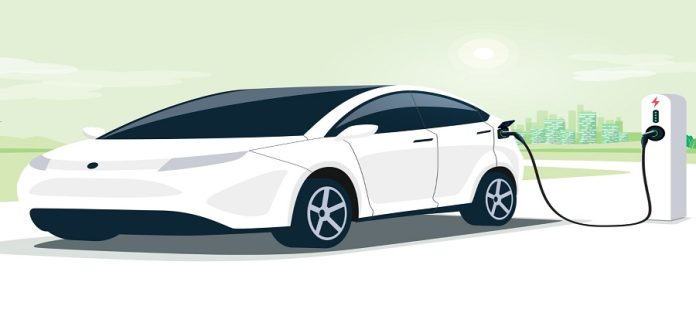The Delhi Electric Vehicle (EV) Policy, which successfully completed its three-year tenure on Monday, August 7, 2023, has been extended until new regulations are established, according to officials from the transport department. Remarkably, the policy has surpassed more than 90% of its set objectives, signalling a significant stride towards a sustainable and eco-friendly future.
One of the pivotal aims of the policy was to ensure that by 2025, 25% of all newly registered vehicles in Delhi would be electric, along with a parallel goal to convert 100% of delivery fleets and government vehicles to EVs within the same timeframe.
Transport department authorities highlighted several accomplishments under the previous policy. These include the impressive achievement of over 90% disbursement of incentives and fee waivers, the successful establishment of 85% of the targeted charging infrastructure, and the creation of 75% of the anticipated jobs. However, efforts to establish the battery recycling ecosystem reached around 63% and the utilization of the dedicated EV fund reached 55%.
In response to the accomplishments, a senior official from the transport department commented, “The dedicated efforts of the Delhi government over the past three years, particularly through the establishment of an EV Cell, have yielded substantial results. Our focus extended beyond private vehicle electrification to encompass government vehicles and bus fleets. The enhancement of charging infrastructure has been significant, and we are committed to further expansion.”
During the policy tenure, Delhi witnessed the sale of over 135,000 EVs, constituting 8.3% of all vehicles sold in the city during this period. Impressively, Delhi’s EV contribution to the nation’s total now stands at 5%, while the city is home to only 1.3% of the country’s population.
However, experts emphasized the need for Delhi to advance its efforts in electrifying heavier commercial fleets. “As Delhi charts its course into the next phase of EV policy, a strategic focus on sectors like trucks could potentially lead to a transformative shift in the landscape of transport electrification,” suggested Amit Bhatt, Managing Director (India) of the International Council of Clean Transport (ICCT).
Meanwhile, the registration of new EVs, which was temporarily suspended after the conclusion of the previous policy, is set to resume on Wednesday, following the extension of the policy. Addressing the situation, Transport Minister Kailash Gahlot conveyed, “Given the ongoing formulation of the new EV policy, the subsidy benefits of the existing policy will remain in effect until the new policy is officially notified,” in a post on the X platform (formerly Twitter) on Monday.
As Delhi marches forward with its electric mobility agenda, the city remains poised to embrace further innovations and initiatives that promise a greener and more sustainable urban landscape.









